The Diagram Below Shows A Double Stranded Dna Molecule Parental Dna
The 3 end of a dna strand has an exposed oh group and the 5 end has a phosphate group. The diagram below shows a double stranded dna molecule parental dna.
Helicase is the enzyme which cause the dna molecule to unzip.
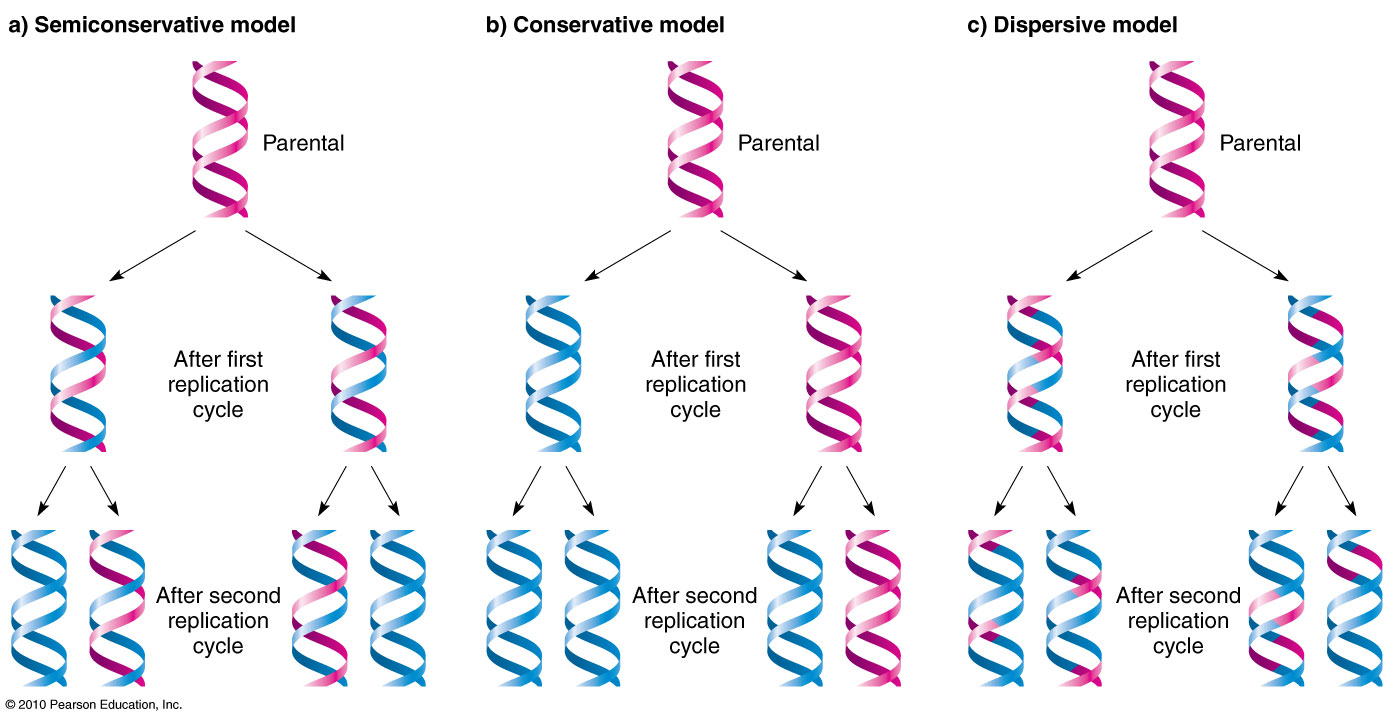
The diagram below shows a double stranded dna molecule parental dna. In the labels the original parental dna is blue and the dna synthesized during replication is red. Part b rna primers on the leading and lagging strands. At a replication fork the two parental dna strands separate and each strand is copied by a dna polymerase iii synthesizing a new complementary strand.
Unzipping the molecule of dna is unzipped. The nucleotide pairs in double stranded dna follow the base pairing rules. Part a the mechanism of dna replication.
Helicase breaks the hydrogen bonds between the parental dna strands. Drag the correct labels to the appropriate locations in the diagram to show the composition of the daughter dna molecules after one and two cycles of dna replication. Please help dna replication is the mechanism by which dna is copied.
Drag the correct labels to the appropriate locations in the diagram to show the composition of the daughter duplexes after one and two cycles of dna replication. I am new with this. The parental dna is shown in dark blue the newly synthesized dna is light blue and the rna primers associated with each strand are red.
Drag the labels to their appropriate locations in the diagram to describe the name or function of each structure. Part a the mechanism of dna replication the diagram below shows a double stranded dna molecule parental dna. Process occurring at a bacterial replication fork.
Ch 16 mastering biology. The diagram below shows a replication fork with the two parental dna strands labeled at their 3 and 5 ends. The diagram below shows a double stranded dna molecule parental duplex.
The diagram below shows a double stranded dna molecule parental duplex. Drag the correct labels to the appropriate locations in the diagram to show the composition of the daughter duplexes after one and two cycles of dna replication. A with t and g with c.
The diagram below shows a replication bubble with synthesis of the leading and lagging strands on both sides of the bubble. The picture below shows the double stranded dna structure and complementary bases of the dna bases. A t c g.
Drag the correct labels to the appropriate locations in the diagram to show the composition of the daughter dna molecules after one and two cycles of dna replication. The complementary strands are antiparallel with one strand running 5 to 3 and its complement running 3 to 5. The diagram below shows a bacterial replication fork and its principal proteins.
The hydrogen bonds between the complementary base pairs are broken. Steps in dna replication a.
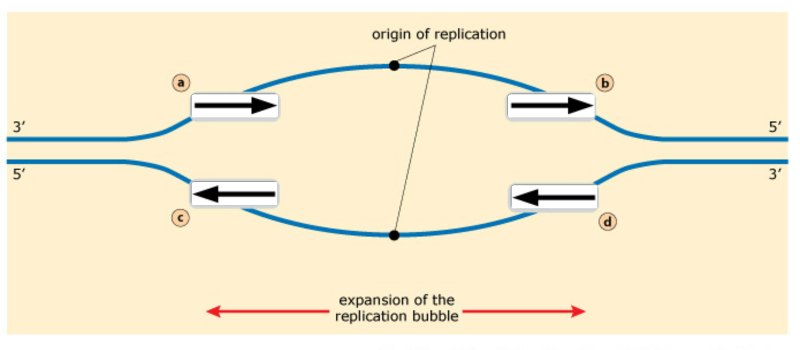 Exam 3 Chs 5 Dna Structure And Replication Machinery 16 The
Exam 3 Chs 5 Dna Structure And Replication Machinery 16 The
 Mastering Biology Chapter 16 Rhs Homework
Mastering Biology Chapter 16 Rhs Homework
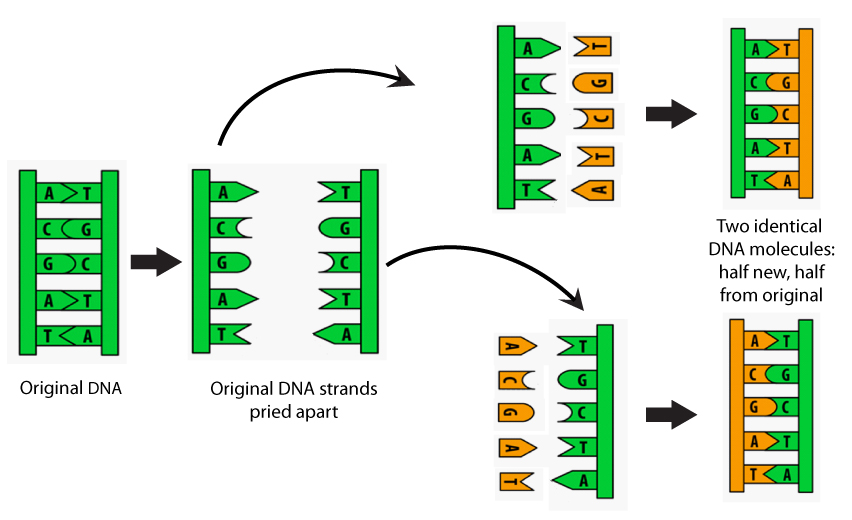 Dna Iii Biology Visionlearning
Dna Iii Biology Visionlearning
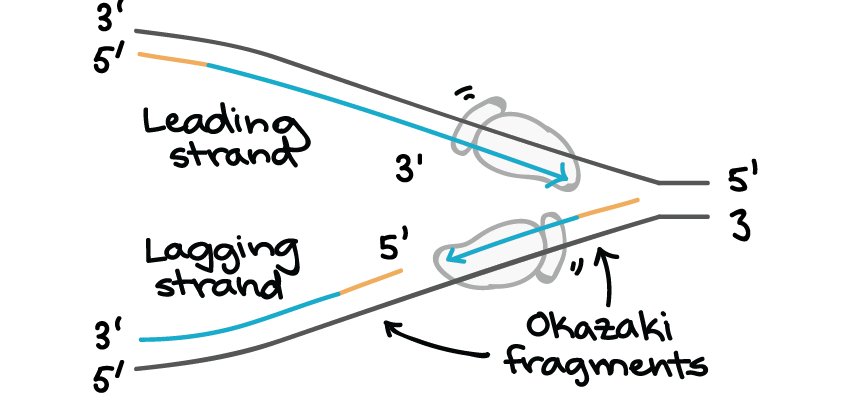 Molecular Mechanism Of Dna Replication Article Khan Academy
Molecular Mechanism Of Dna Replication Article Khan Academy
 Exam 3 Chs 5 Dna Structure And Replication Machinery 16 The
Exam 3 Chs 5 Dna Structure And Replication Machinery 16 The
 Quia Ap Chapter 16 Molecular Basis Of Inheritance Detailed
Quia Ap Chapter 16 Molecular Basis Of Inheritance Detailed
 Sandwalk Dna Denaturation And Renaturation And The Role Of Hydrogen
Sandwalk Dna Denaturation And Renaturation And The Role Of Hydrogen
Molecular Events Of Dna Replication Learn Science At Scitable

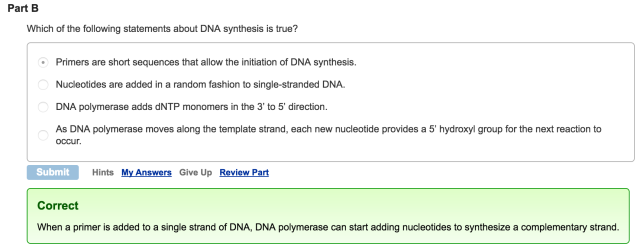 Mastering Biology Chapter 16 Rhs Homework
Mastering Biology Chapter 16 Rhs Homework
 Quia Ap Chapter 16 Molecular Basis Of Inheritance Detailed
Quia Ap Chapter 16 Molecular Basis Of Inheritance Detailed
The Diagram Below Shows A Bacterial Replication Fork And Its
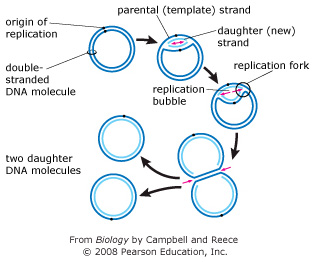 Mastering Biology Chapter 16 Rhs Homework
Mastering Biology Chapter 16 Rhs Homework
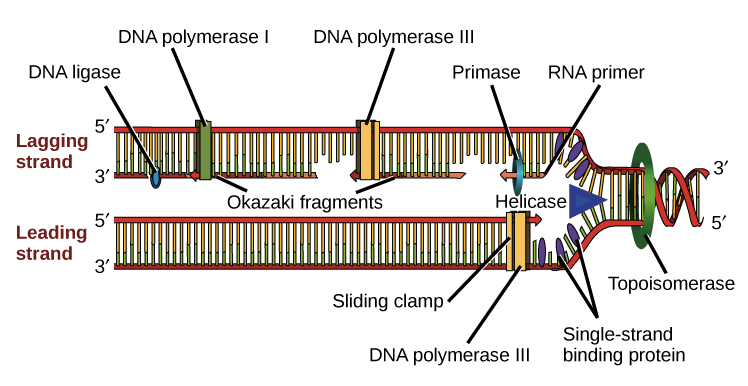 Molecular Mechanism Of Dna Replication Article Khan Academy
Molecular Mechanism Of Dna Replication Article Khan Academy
Mitochondrial Dna Replication In Mammalian Cells Overview Of The
9 2 Dna Replication Concepts Of Biology 1st Canadian Edition
 Mastering Biology Chapter 16 Rhs Homework
Mastering Biology Chapter 16 Rhs Homework
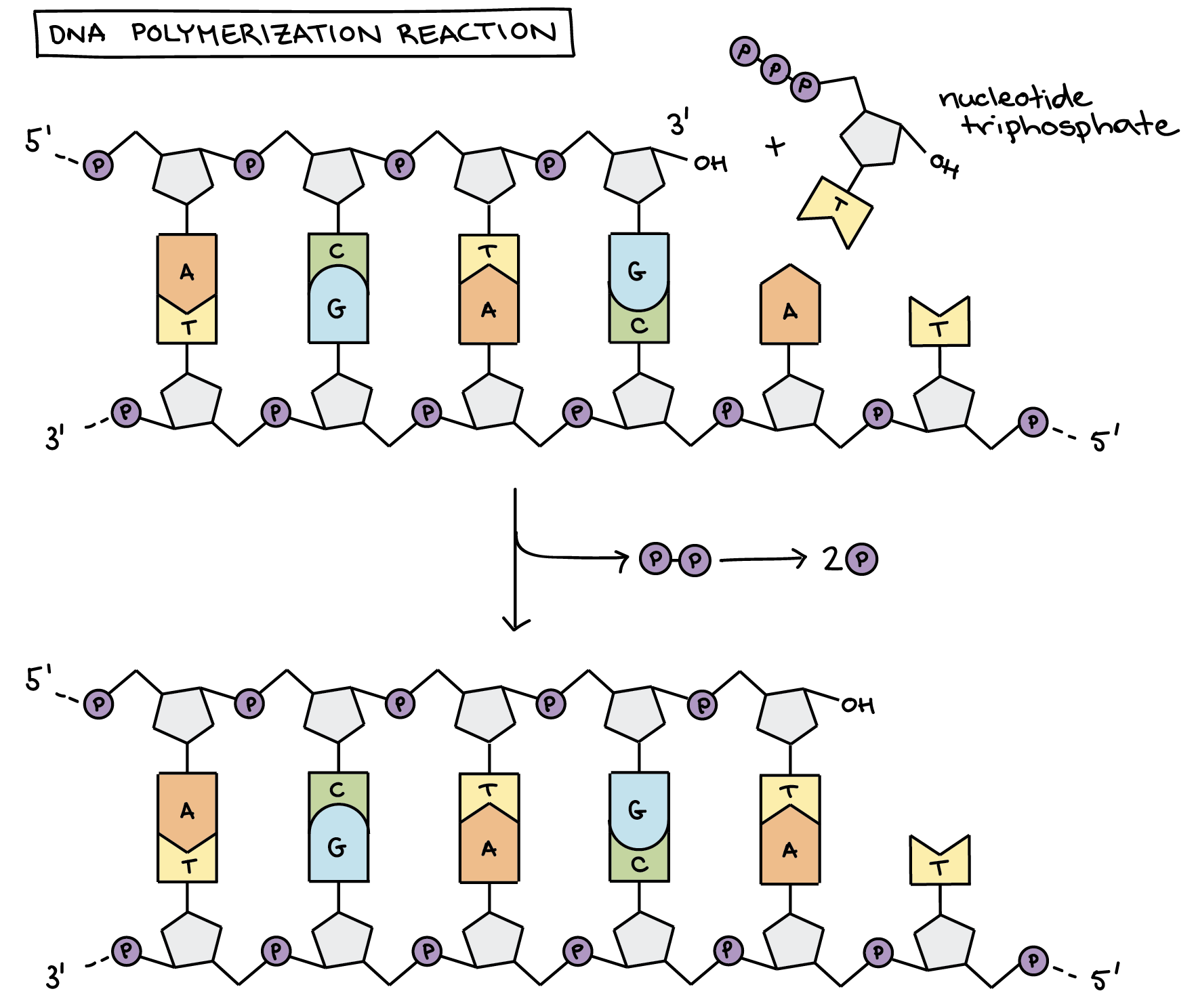 Molecular Mechanism Of Dna Replication Article Khan Academy
Molecular Mechanism Of Dna Replication Article Khan Academy
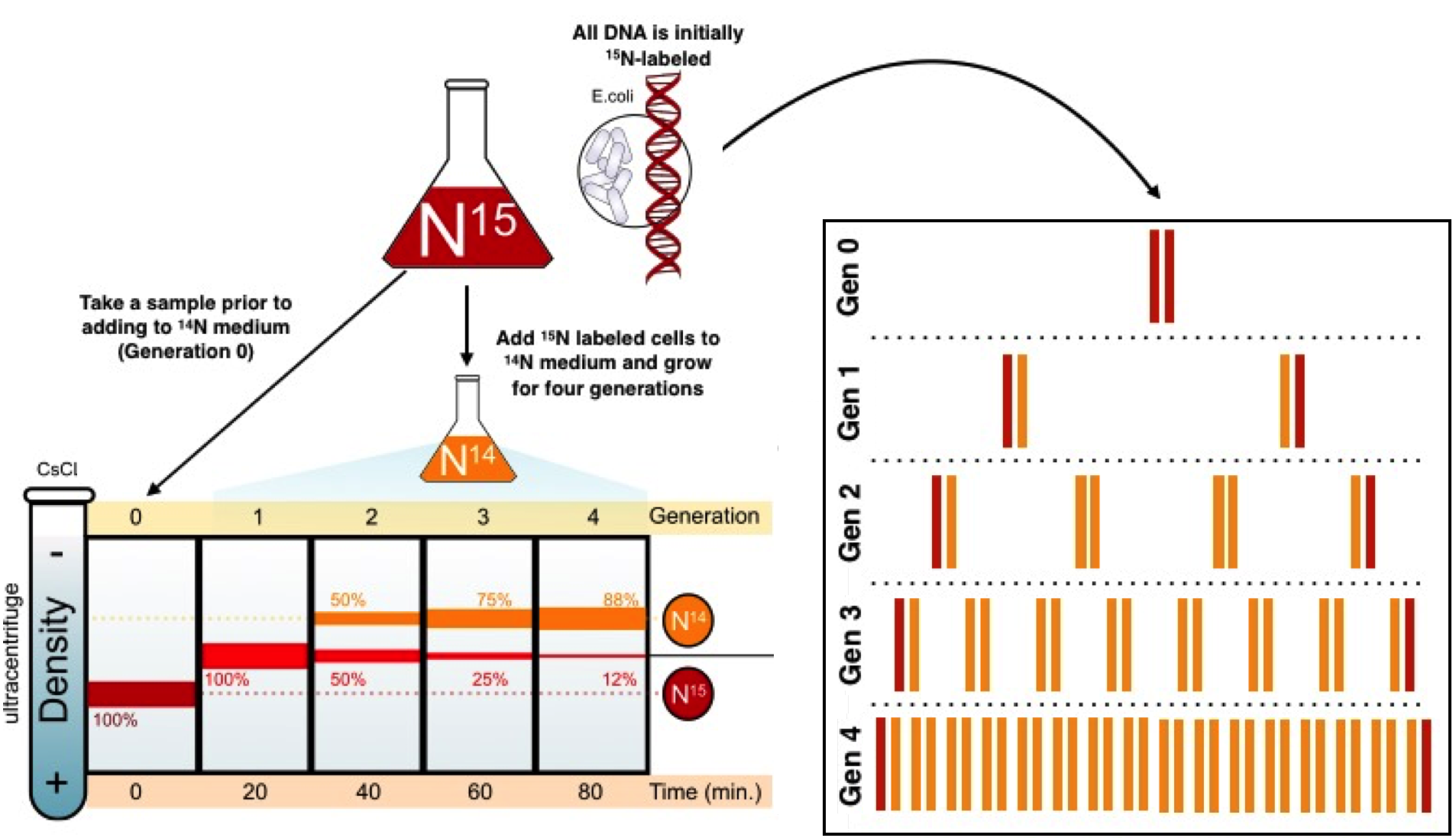 Mode Of Dna Replication Meselson Stahl Experiment Article Khan
Mode Of Dna Replication Meselson Stahl Experiment Article Khan
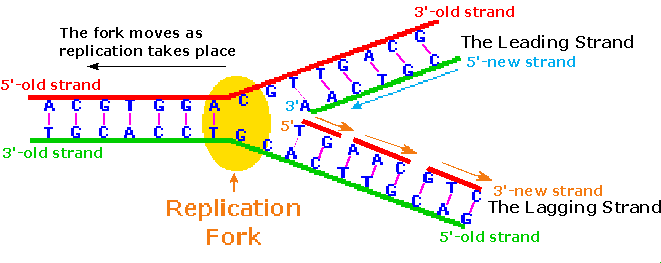
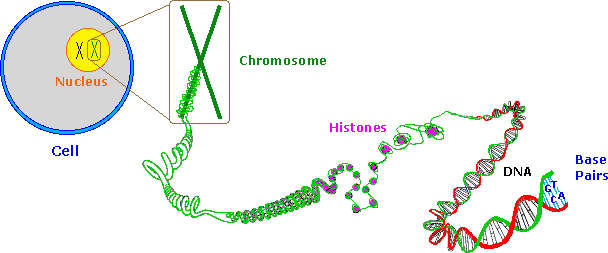


0 Response to "The Diagram Below Shows A Double Stranded Dna Molecule Parental Dna"
Post a Comment